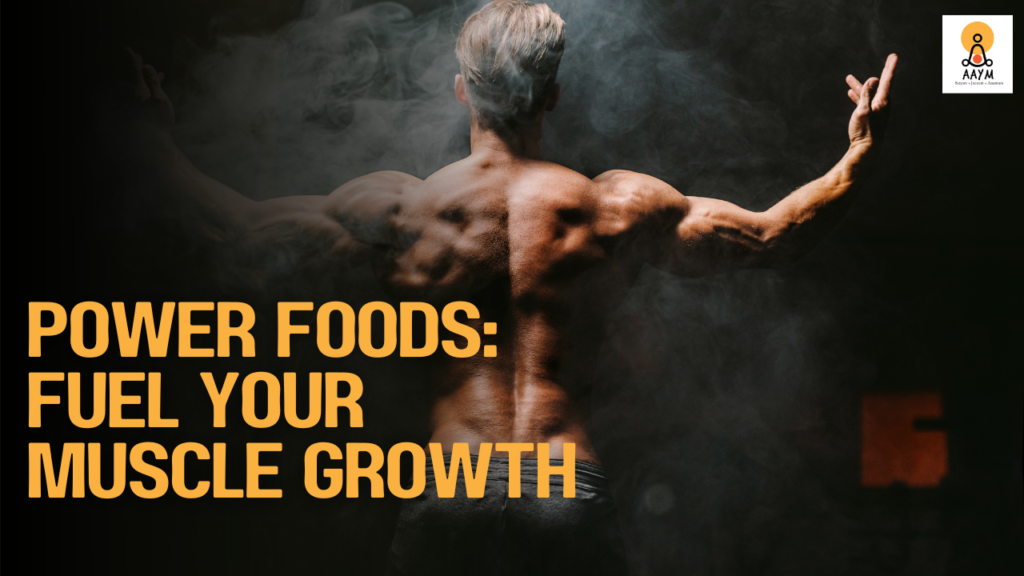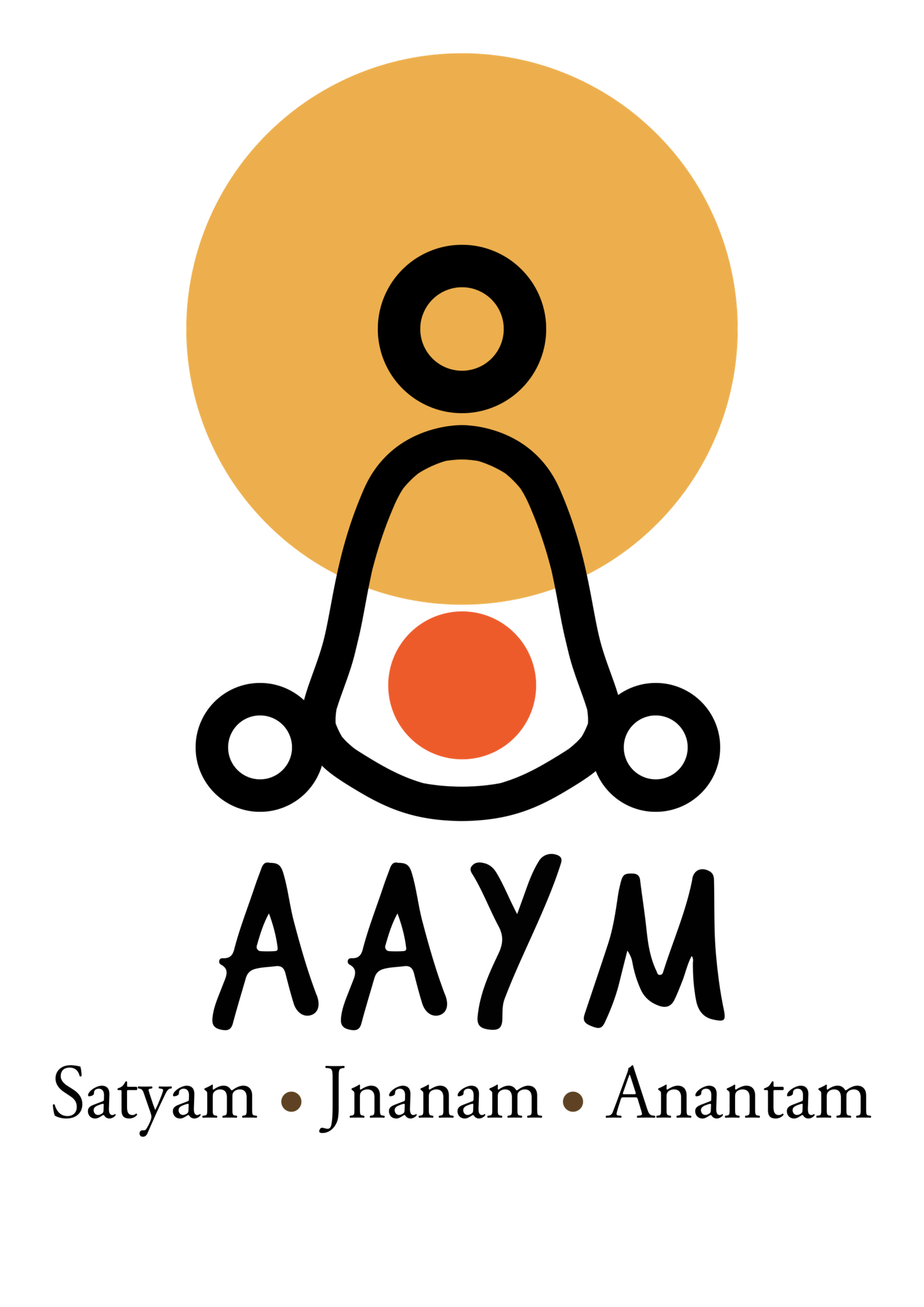
What You Should Eat and Avoid If You’re Building Muscle
Your diet can make or break your results at the gym. Eating a wide variety of nutrient-rich foods from different food groups is crucial. At the same time, limit or avoid alcohol, foods with added sugars, and deep-fried foods.
Calorie Needs
Bodybuilding differs from powerlifting or Olympic lifting because it’s judged on appearance rather than strength. Bodybuilders aim to develop a well-balanced, lean, and muscular physique. To achieve this, many start with an off-season (bulking phase) followed by an in-season (cutting phase).
- Bulking Phase: High-calorie, protein-rich diet combined with intense weight lifting to build muscle.
- Cutting Phase: Reduce calories to lose fat while maintaining muscle mass.
Calorie Calculation: Weigh yourself at least three times a week and track your food intake using a calorie app.
- Maintenance Level: If your weight remains stable, your calories are your maintenance level.
- Bulking: Increase calorie intake by about 15%. For example, if your maintenance is 3,000 calories, eat 3,450 calories daily.
- Cutting: Decrease calorie intake by about 15%. From 3,450 calories, drop to 2,550 calories daily.
Adjust your calorie goals monthly to match changes in your weight.
Macronutrients
Determine the ratio between your protein, carbohydrate, and fat intake. This ratio remains the same regardless of bulking or cutting phases.
- Protein: 30-35% of calories
- Carbohydrates: 55-60% of calories
- Fat: 15-20% of calories
Example Macronutrient Ratios:
Phase | Calories | Protein (g) | Carbohydrates (g) | Fat (g) |
Bulking Phase | 3,450 | 259-302 | 474-518 | 58-77 |
Cutting Phase | 2,550 | 191-223 | 351-383 | 43-57 |
What to Eat
Prioritize these foods for overall fitness:
- Meats, Poultry, and Fish: Sirloin steak, ground beef, pork tenderloin, venison, chicken breast, salmon, tilapia, and cod.
- Dairy: Yogurt, cottage cheese, low-fat milk, and cheese.
- Grains: Bread, cereal, crackers, oatmeal, quinoa, popcorn, and rice.
- Fruits: Oranges, apples, bananas, grapes, pears, peaches, watermelon, and berries.
- Starchy Vegetables: Sweet potatoes, corn, green peas, lima beans, and cassava.
- Vegetables: Broccoli, leafy greens, tomatoes, green beans, cucumber, zucchini, asparagus, peppers, and mushrooms.
- Seeds and Nuts: Almonds, walnuts, sunflower seeds, chia seeds, and flax seeds.
- Beans and Legumes: Chickpeas, lentils, kidney beans, black beans, and pinto beans.
- Oils: Olive oil, flaxseed oil, and avocado oil.
What to Avoid
Limit these foods to support your overall fitness:
- Alcohol: Can negatively affect muscle building and fat loss.
- Added Sugars Provide calories but few nutrients. They are found in candy, cookies, doughnuts, ice cream, and sugar-sweetened beverages.
- Deep-fried foods, such as fried fish, French fries, onion rings, chicken strips, and cheese curds, may promote inflammation and disease.
- Pre-Workout Foods to Avoid: High-fat, high-fiber, and carbonated beverages can slow digestion or cause stomach upset during your workout.
Supplements
Consult a healthcare professional before adding supplements to your routine. Common supplements include:
- Whey Protein: Convenient way to increase protein intake.
- Creatine: Provides muscles with energy for extra reps. Creatine monohydrate is the most effective form.
- Caffeine: Helps decrease fatigue. Found in pre-workout supplements, coffee, and tea.
Sample Menu
Here’s a sample meal plan for a week:
Monday
- Breakfast: Scrambled eggs with mushrooms, oatmeal, and a pear
- Snack: Low-fat cottage cheese with blueberries
- Lunch: Venison burger, white rice, and broccoli
- Snack: Protein shake and a banana
- Dinner: Salmon, quinoa, and asparagus
Tuesday
- Breakfast: Protein pancakes with light syrup, peanut butter, and raspberries
- Snack: Hard-boiled eggs and an apple
- Lunch: Sirloin steak, sweet potato, and spinach salad with vinaigrette
- Snack: Protein shake and a peach
- Dinner: Ground turkey and marinara sauce over pasta, with a side of cauliflower
Wednesday
- Breakfast: Chicken sausage with egg, roasted potatoes, and an apple
- Snack: Greek yogurt, strawberries, and almonds
- Lunch: Turkey breast, basmati rice, and mushrooms
- Snack: Protein shake and grapes
- Dinner: Mackerel, brown rice, asparagus, and salad leaves with vinaigrette
Thursday
- Breakfast: Ground turkey, egg, cheese, and salsa in a whole-grain tortilla
- Snack: Yogurt with granola and a pear
- Lunch: Chicken breast, baked potato, sour cream, and broccoli
- Snack: Protein shake and mixed berries
- Dinner: Stir-fry with shrimp, egg, brown rice, bell peppers, peas, and carrots
Friday
- Breakfast: Blueberries, strawberries, and Greek yogurt on overnight oats
- Snack: Jerky and mixed nuts with an orange
- Lunch: Tilapia fillets with lime juice, black and pinto beans, and seasonal veggies
- Snack: Protein shake and watermelon
- Dinner: Ground beef with corn, brown rice, green peas, and beans
Saturday
- Breakfast: Ground turkey and egg with corn, bell peppers, cheese, and salsa
- Snack: Can of tuna with crackers and an apple
- Lunch: Tilapia fillet and potato wedges with steamed broccoli and cauliflower
- Snack: Protein shake and pear
- Dinner: Diced beef with rice, black beans, bell peppers, onions, cheese, and pico de gallo
Sunday
- Breakfast: Eggs sunny-side up and avocado toast with fresh fruit
- Snack: Protein balls with almond butter and an orange
- Lunch: Pork tenderloin slices with roasted garlic potatoes, green beans, and carrots
- Snack: Protein shake and strawberries
- Dinner: Turkey meatballs, marinara sauce, and parmesan cheese over pasta, with a side of sautéed kale
Benefits
Bodybuilding offers numerous health benefits:
- Resistance Training: Increases muscle strength and size, reducing the risk of chronic diseases.
- Aerobic Exercise: Improves heart health and reduces the risk of heart disease.
- Nutrition Focus: Following a balanced diet lowers the risk of chronic diseases.
Risks
Consider these potential risks:
- Low Body Fat: Extremely low body fat can affect sleep, mood, and immune function.
- Anabolic Steroids: Illegal without a prescription and linked to heart disease, decreased fertility, and mental health issues.
Takeaway
Bodybuilding focuses on developing a lean, muscular physique through regular exercise and a well-planned diet. Your diet should include nutrient-dense foods and plenty of protein while limiting alcohol, added sugars, and deep-fried foods. You can achieve your bodybuilding goals and maintain a healthy lifestyle by managing your calorie intake and macronutrient ratios.

